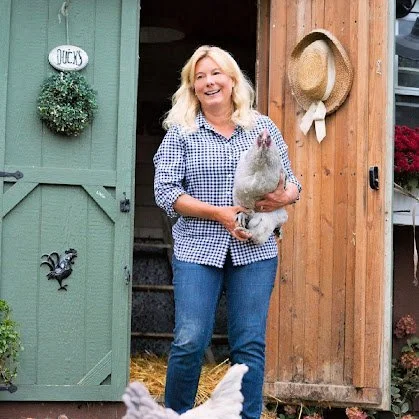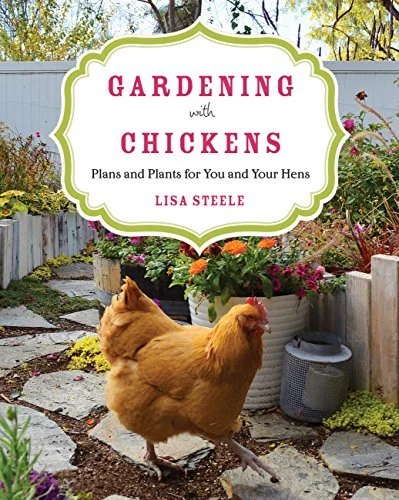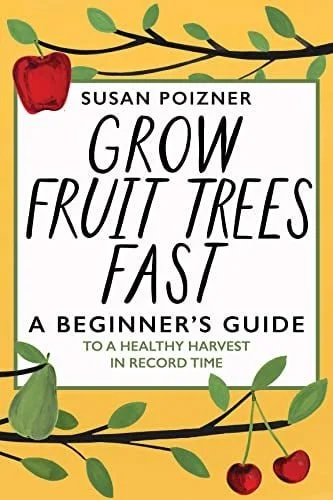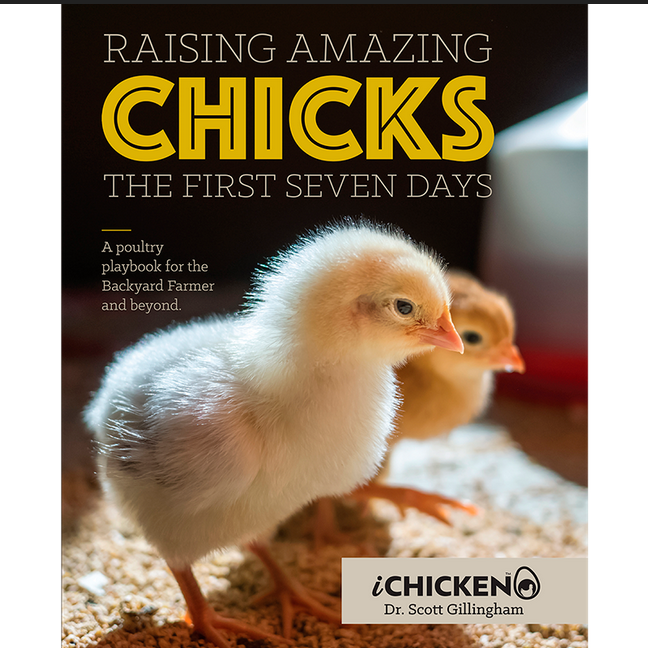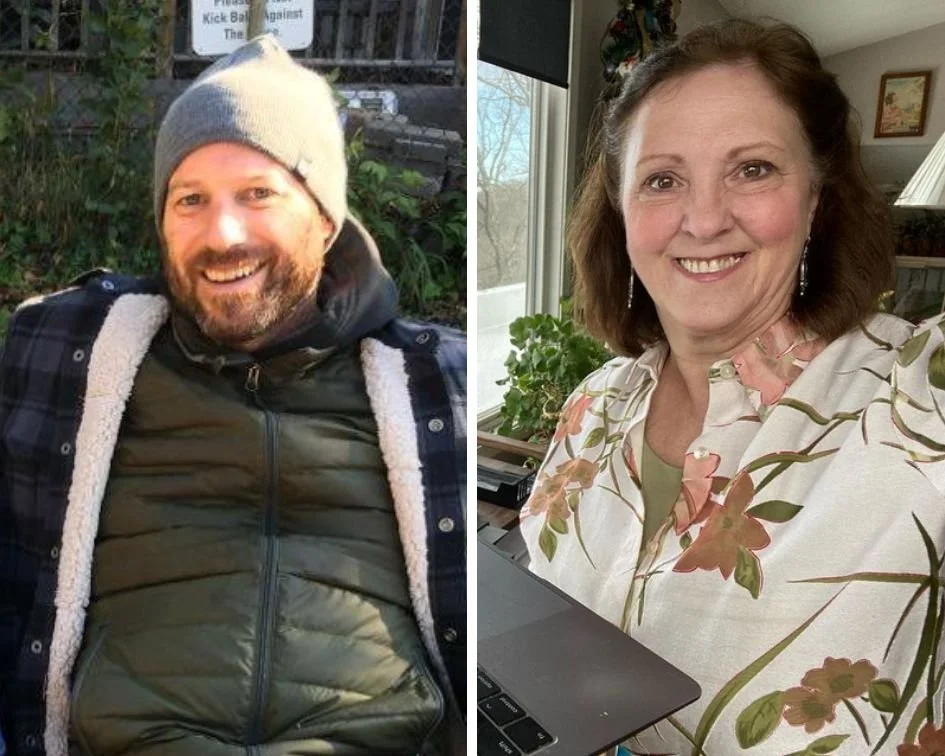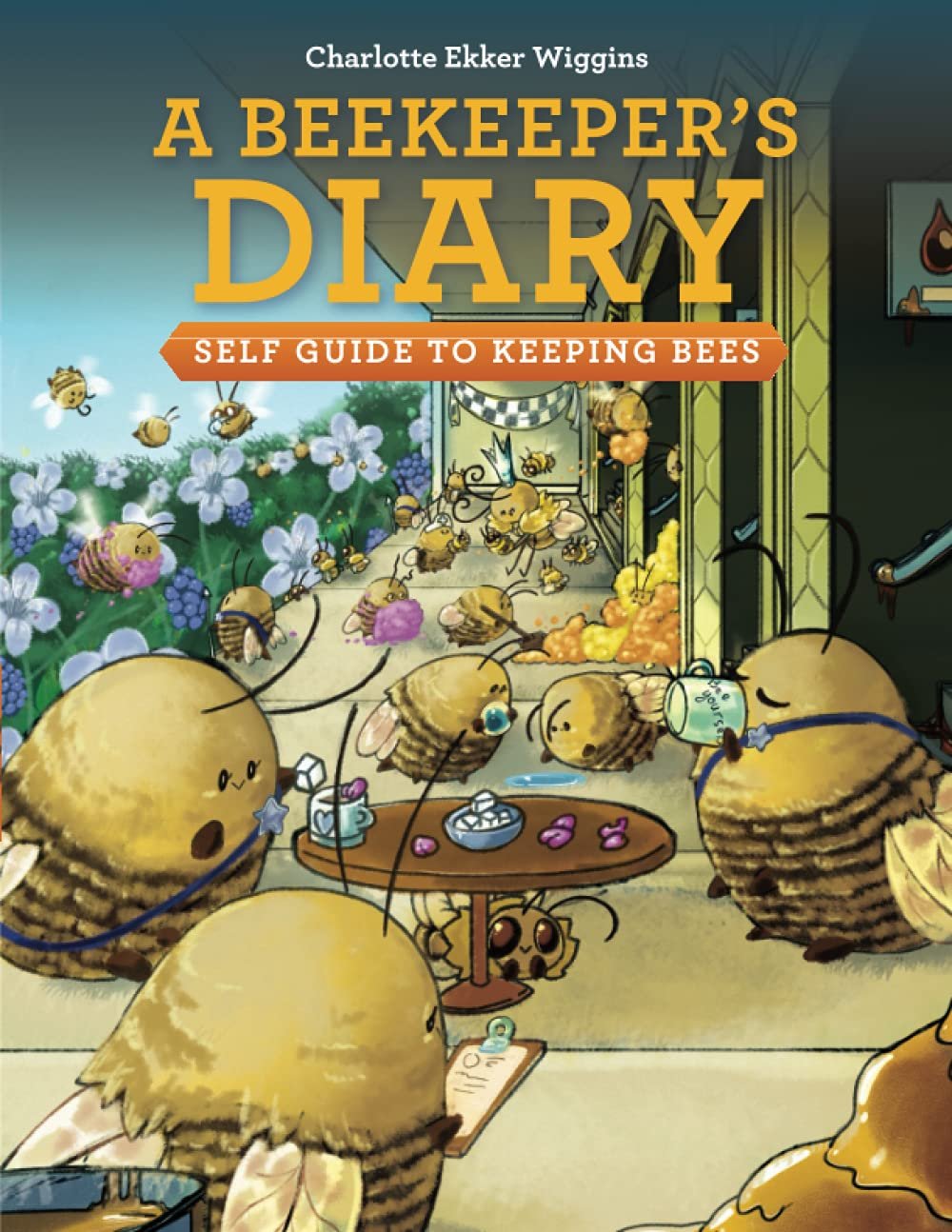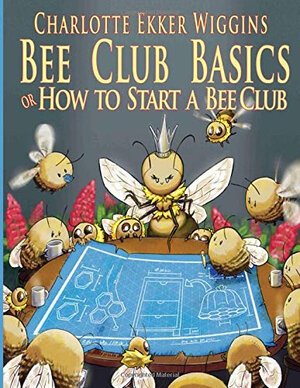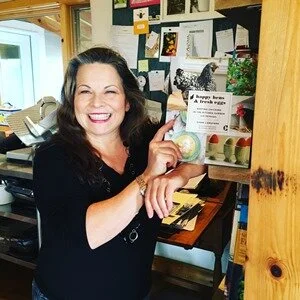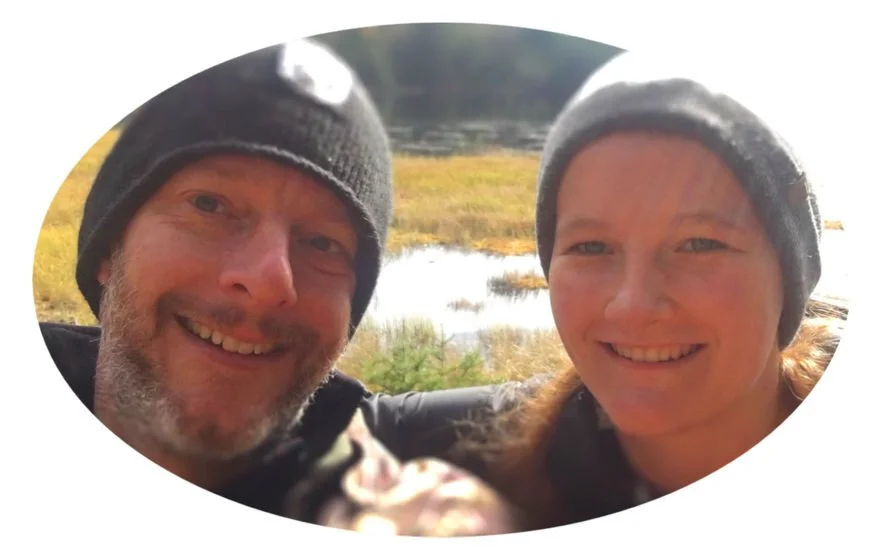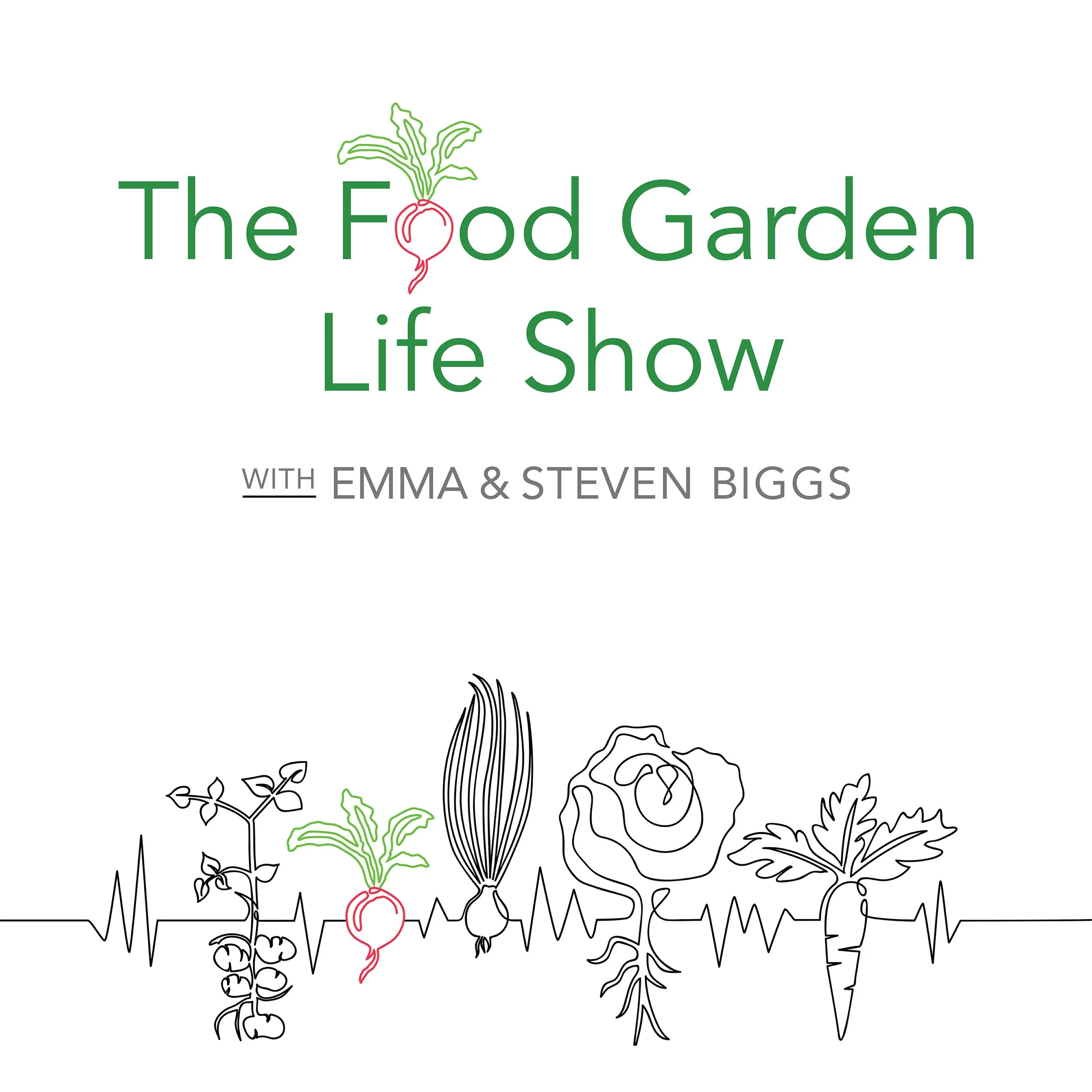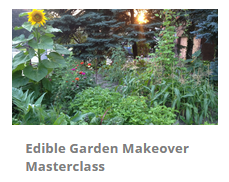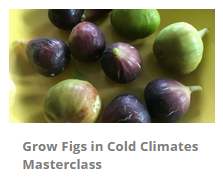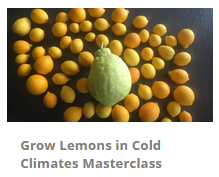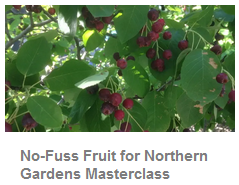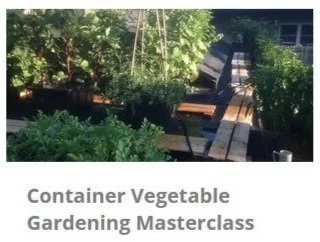Gardening with Chickens, Grow Fruit Trees
In this episode: Chickens in the garden with Lisa Steele, and growing fruit trees with Susan Poizner.
Author and chicken expert Lisa Steele talks about chickens in the garden.
Gardening with Chickens
In the first part of the show, we chat with chicken expert and author Lisa Steele.
Steele is a Maine Master Gardener and 5th generation chicken keeper.
In this episode, she tells us about:
Integrating chickens into the garden
What to grow for chickens
What to avoid growing
The pecking order, and how to deal with it
Using chicken manure in the garden
Using eggshells and cycling them back into the garden
Lisa Steele’s book Gardening with Chickens.
Grow Fruit Trees Fast
In the second half of the show, we chat with fruit tree expert Susan Poizner, founder of Orchard People.
Poizner is the host of The Urban Forestry Radio Show, a college instructor, and the author of the award-winning book Growing Urban Orchards.
In this episode, she tells us about:
What to do with fruit trees in the spring
Shopping for fruit trees
Pruning fruit trees
Common problems first-time fruit tree growers often face
The community orchard she helped found in Toronto
Looking for more tips about growing fruit trees? Poizner’s latest book is Grow Fruit Trees Fast.
How to Raise Baby Chicks
Dr Scott Gillingham on how to raise chicks, the first 7 days.
Dr. Scott Gillingham talks about how to successfully raise chicks.
What do you Need to Raise Chicks?
We’ve talked about backyard poultry here on the show before, but we’ve never explored raising chicks.
Our guest today is Dr. Scott Gillingham from Guelph, Ontario. He’s a poultry veterinarian who works with big flocks. But he’s also a homesteader with his own small flock.
Commercial scale and homestead scale agriculture are often in different silos. His passion is bridging the silos.
We’ll hear about:
Crop fill
Brooding chambers
Preventative medicine
Comfort zones
Giving chicks the right temperature
Suitable feed for chicks
“You become the hen and you have to understand the attributes of a hen and how to provide for and nourish that chick.”
Observation is Very Important
We’ll also talk about something that is very useful tool when raising chicks: A 5-gallon bucket.
Gillingham explains how he uses a simple bucket to sit on and observe what’s up. It works in big commercial barns; it works with small home flocks.
He says that when chicks have everything they need you’ll see them eating, drinking, sleeping, and playing. If not — you’ll see huddling for warmth or with wings up trying to cool themselves.
Book about How to Raise Chicks
Gillingham’s book is Raising Amazing Chicks: The First Seven Days.
Connect
Scott Gillingham’s Website: www.ichicken.ca
Toronto Microfarm, Compost Tea, Honey, and Bees
In this episode: Composting and a compost-tea CSA with Sean Smith; and native and honeybees with Charlotte Wiggins.
Sean Smith talks about Crooked Farmz, a Toronto microfarm with a compost-tea CSA; and beekeeper and Charlotte Wiggins, author of A Beekeeper’s Diary, Self-Guide to Beekeeping, talks about native bees and honeybees.
Crooked Farmz
In the first part of the show, we chat with Sean Smith from Crooked Farmz in Toronto.
Smith talks about his journey into growing food, learning about soil and composting, and the beginnings of his Toronto microfarm.
Compost Tea by Subscription
He calls himself the “brewer” at the farm. The brew? It’s compost tea.
Along with selling at farmers markets, Smith has taken another route to selling the compost tea: by subscription.
Home Composting Tips
Some of Smith’s top composting tips:
Understand what “brown” and “green” ingredients are, and have some of each
Make sure there is enough air
Make sure there is enough water
Compost tea by subscription, from Crooked Farmz
Honey Bees and Native Bees
In the second half of the show, we chat with Missouri beekeeping expert, author, and TEDx speaker Charlotte Wiggins.
Wiggins talks about attracting native bees to gardens, gardening for both native and honey bees, and shares tips and ideas for people thinking about getting into beekeeping.
Tips for People Interested in Keeping Bees
Learn beekeeping lingo
Join a beekeeping club, make beekeeping friends
Take a class about beekeeping
Volunteer with local beekeepers
Don’t rush getting your own hives, get the hang of things first
Looking for more beekeeping guidance? Wiggins’ latest book is the award-winning A Beekeeper’s Diary: Self-Guide to Keeping Bees.
Natural Beekeeping
Common Sense Natural Beekeeping with Kim Flottum and Stephanie Bruneau.
Beekeeping with a bees-eye view.
Our guests today help us explore bee-friendly beekeeping techniques.
Lessons from the way bees live in the wild
Management strategies that respect the functioning of bee hives
Hive design elements that promote colony health and resilience
Common Sense Natural Beekeeping
Kim Flottum is editor emeritus of Bee Culture magazine. He teaches beekeeping courses, lectures on beekeeping, and writes about beekeeping and the business of bees. He also hosts the Beekeeping Today and Honeybee Obscura podcasts.
Stephanie Bruneau is a beekeeper, herbalist, and artist. She runs The Benevolent Bee, where she sells honey and bee-related products. She lectures on bees and bee-derived products.
In their new book, Common Sense Natural Beekeeping, they explore ways to keep bees while minimizing human intervention.
Backyard Honeybees and Living Big in a Small Space
Beekeeper Justin Maness from Buddha Bee Apiary talks about the urban hive-hosting program he runs.
Justin Maness of Buddha Bee Apiary talks about bees, the bus life, and his new cookbook, Tiny Home, Big Flava’
In a broadcast that originally aired live on The Food Garden Life Radio Show, we head to North Carolina to chat with beekeeper Justin Maness.
Backyard Honeybees
Maness began working with honey bees after finishing college, when he joined a research team studying the links of neonicotinoid pesticides and honey bee mortality. After that, he worked in for-profit and non-profit ventures with bees, and eventually founded Buddha Bee Apiary.
He says that at Buddha Bee Apiary his goal is to spark curiosity about bees, educate people about bees — and grow a crop of pollinator advocates.
Buddha Bee Apiary places honeybee hives in urban and suburban backyards through its Host-a-Hive program. It also offers a mentorship program for those interested in one-on-one learning.
Living Big in a Small Space
We also hear about the life that Maness and his family live in their converted school bus.
Maness says that their interest in the school-bus lifestyle started after his wife, Juby, bought a small school bus to ferry merchandise for her business to events. After a couple of nights on the road, they realized that they liked the mobility — and eventually bought a larger bus to convert into a home.
Maness says that having a small home means they spend more time outside, whether working in the garden, eating, or hanging out.
He and Juby share their approach to life and food in their new cookbook, Tiny Home, Big Flava’.
In the book, Maness says, “If we could ask for anything at all to come from this cookbook it would for you to have as much fun as we did putting this together. Crank up that music, bust a move, and share you kitchen slam down parties with us…”
Raising 70% on a Half Acre
Rob Croley at Sentimental Farm, in Niagara Canada.
Rob and Chris Croley at Sentimental Farm in Niagara, Ontario, Canada grow about 70 per cent of the food they need on their 1/2 acre urban homestead.
An interest in self-sufficiency that started with growing vegetables has grown to include chickens, bees, mushrooms, goats, preserving, and making soaps and cosmetics.
They know that their garden is more than some people will undertake, but they hope that people who visit their garden will see something that inspires them to produce food at home.
Hens, Hay, and How to Cook Cardoon
Food writer Signe Langford joins us from Port Hope, Ontario to talk about her passion for growing food, her food garden, cooking, and how her garden connects her with her community.
Hay
A fan of straw-bale gardening, Signe talks about how she experimented last year using bales of alfalfa hay instead of straw bales. Hay is normally NOT recommended for the straw-bale technique because all of the grass seeds within can make a bale look like a big chia pet. Signe tells us how that went. She was pleased with the results.








Hens
Signe is the author of Happy Hens & Fresh Eggs: Keeping Chickens in the Kitchen Garden.
The author of the book Happy Hens and Fresh Eggs: Keeping Chickens in the Kitchen Garden, Signe considers chickens to be, “a symbiotic member of the garden.”
She talks about common myths such as noise and smell that she often hears.
Cooking
Signe talks about edible weeds and edible native plants—and her love of the dandelion.
Signe also helps Steven with cooking advice for cardoon, explaining how to make Cardoon Gratin.

